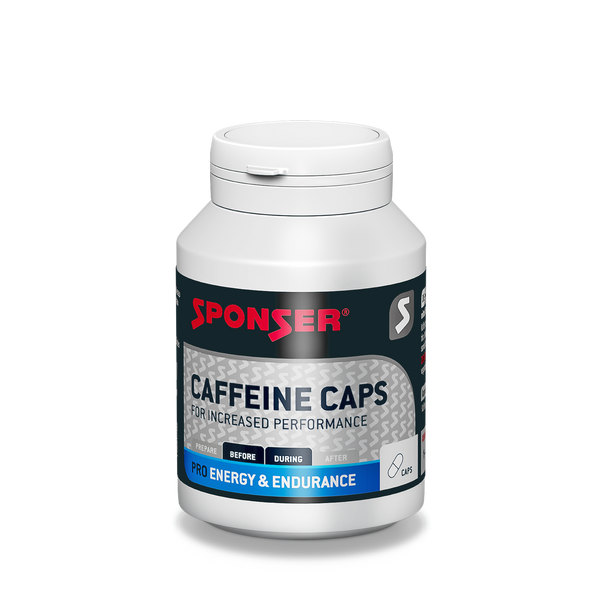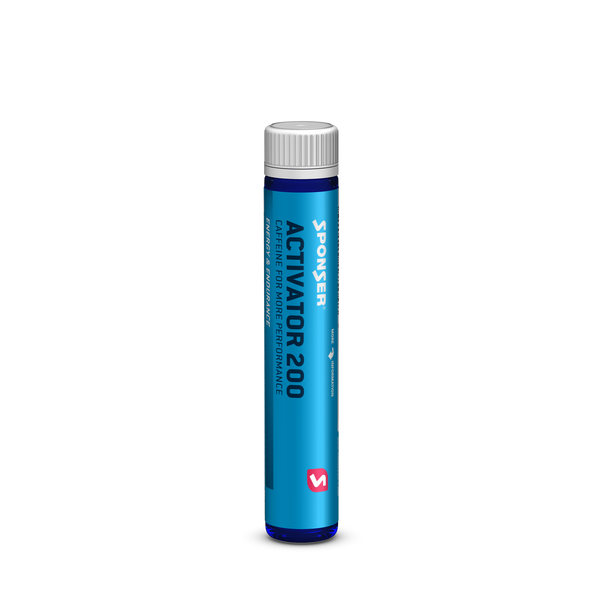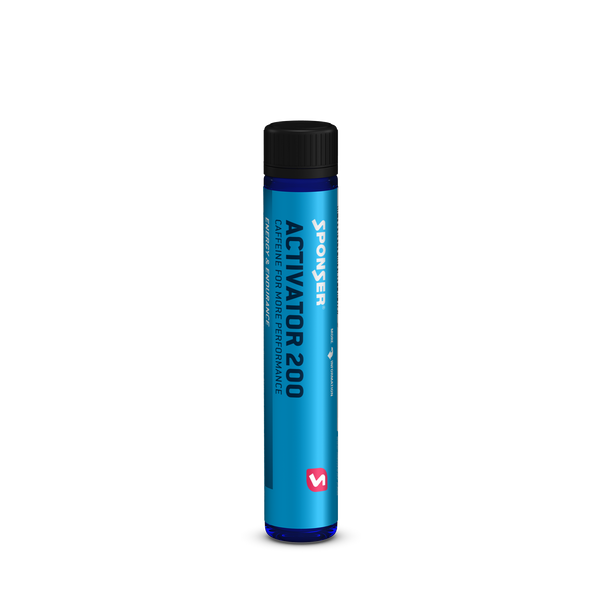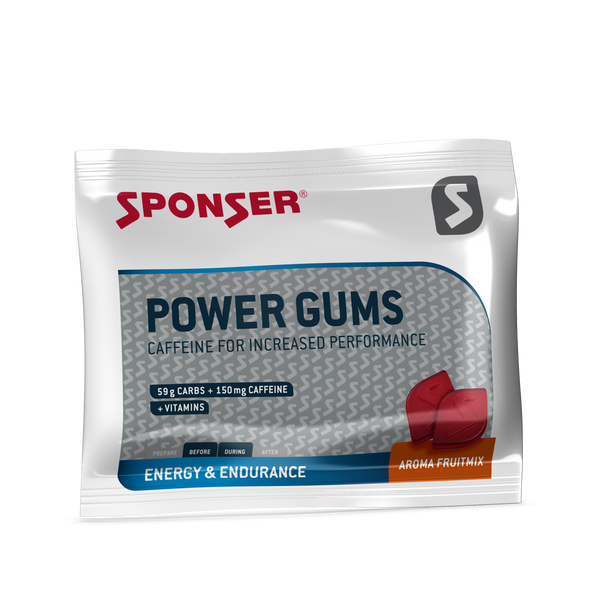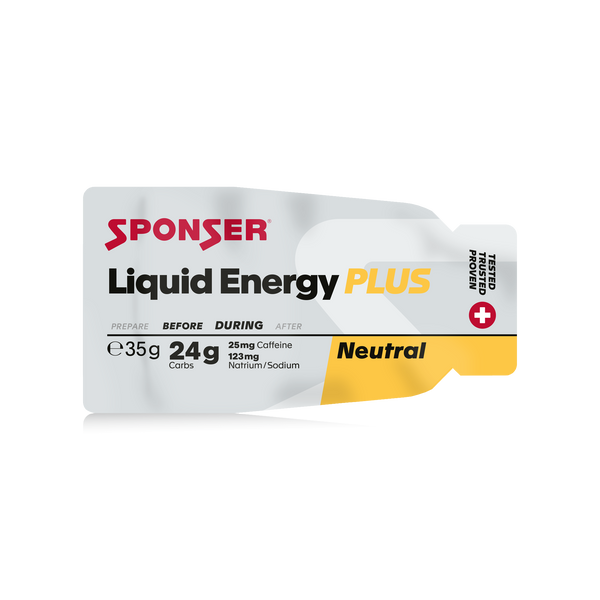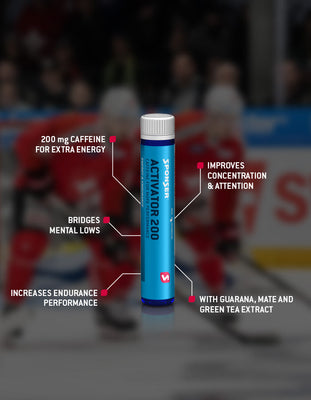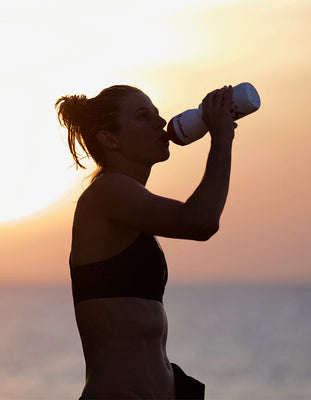
Photo credit: Pixabay
Dosage recommendations for caffeine
Caffeine can significantly contribute to improving endurance performance. Many studies that have proven the positive effect of caffeine in competition have assumed a performance duration of about one hour. There are no studies on events lasting more than 24 hours.
Ideally, the intake of caffeine should be timed to suit specific phases in competition (performance decline, final phase, night-time, etc.). It is therefore advantageous to plan the intake times in order to coincide with the (mentally and physically) demanding performance phases.
Basically, the recommended dosage for caffeine in sports is around 3-4 mg/kg body weight. A person weighing 70 kg would consume 210-280 mg of caffeine, for example. The effectiveness curve of caffeine runs from about 30-40 minutes after ingestion to 3-4 hours afterwards. Afterwards, caffeine must be replenished. Negative effects due to overdose can only occur from 5-6 mg/kg body weight within this time period. However, this would primarily affect cognitive and not physical performance factors.
Related articles
on
» caffeine
on
» race nutrition
Author: Remo Jutzeler
Head R&D SPONSER SPORT FOOD
Ing. Applied Food Sciences UAS
MAS Nutrition & Health ETH













